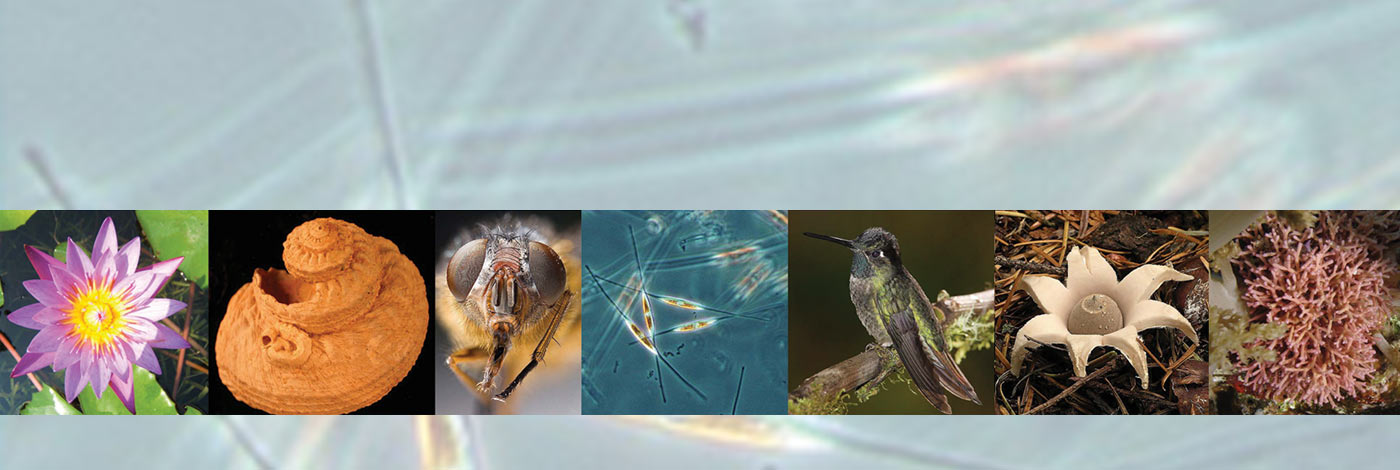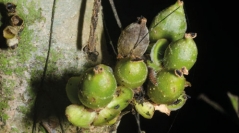

 European Journal of Taxonomy
888 (175) - Pages 175-202
European Journal of Taxonomy
888 (175) - Pages 175-202We present a preliminary discussion about cauliflory, sexual dimorphism and biogeographic patterns in Drypetes Vahl (Putranjivaceae Endl.), focused on Africa. We also present a taxonomic treatment for two new species of cauliflorous trees of this genus from the rainforests of western Central Africa, one endemic to Gabon and known from six gatherings, D. aphanes Quintanar, D.J.Harris & Barberá sp. nov., and the other distributed in Gabon and the Republic of the Congo, D. cauta D.J.Harris, Barberá & Quintanar sp. nov., also known from another six gatherings. They are presented along with D. gabonensis Pierre ex Hutch., known from 25 gatherings made throughout western Central Africa, a species with markedly dimorphic flowers between sexes compared to the rest of the species in the genus. Specimens of these two new species have been confused with D. gabonensis due to some morphological resemblances. This treatment includes the detailed descriptions of these three species, the typification of their names, a comparative table summarizing their main morphological differences, an identification key, an illustration and information about their habitat and distribution. A provisional IUCN Red List assessment shows that D. gabonensis and D. cauta sp. nov. are ‘Vulnerable’ species, and D. aphanes sp. nov. is ‘Endangered’. After the publication of these new species, Drypetes consists of 86 species in continental Africa and the Malagasy Region and 219 species for the whole world.